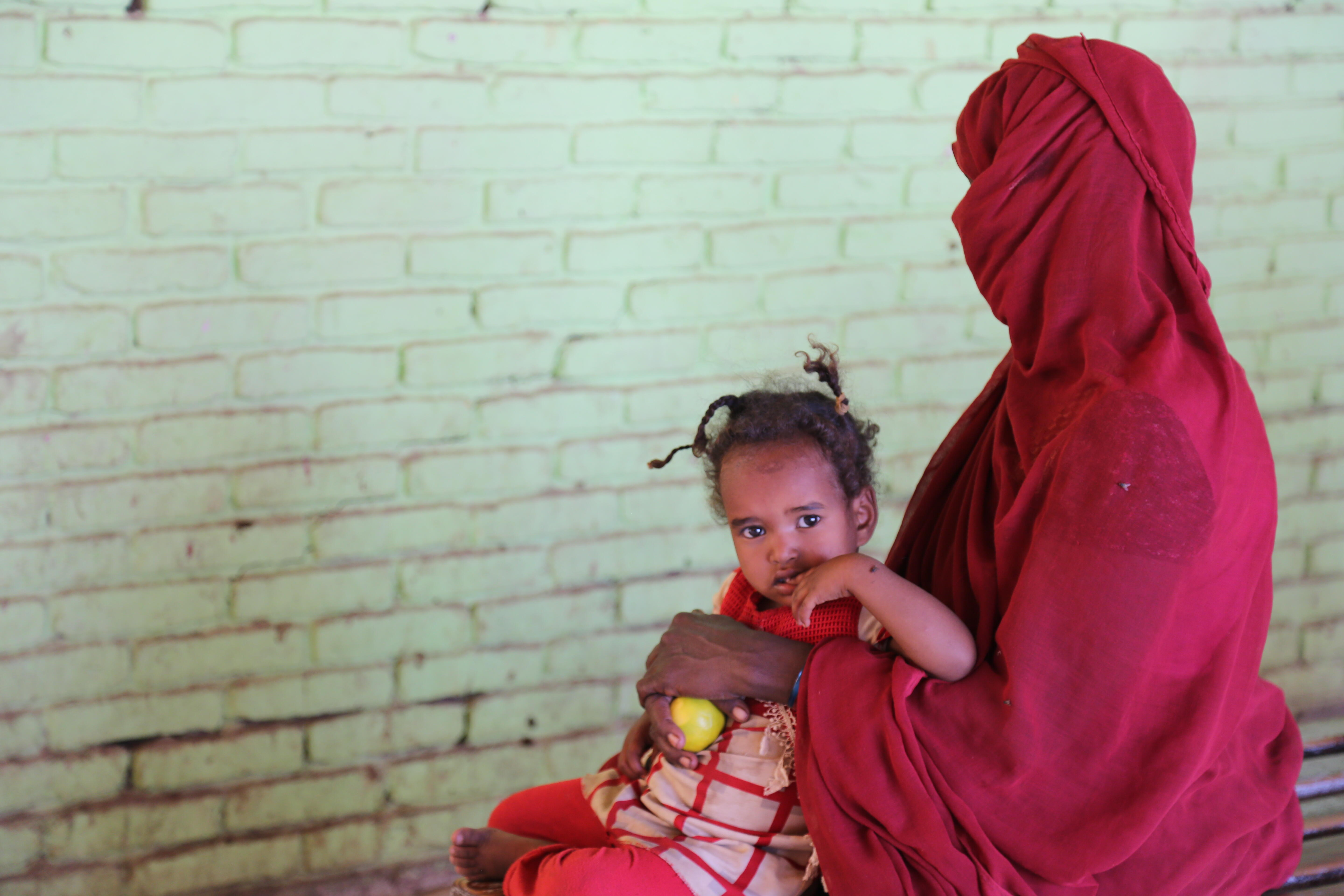A little over one year ago, women led Sudan’s revolution. They led marches in the streets. Brewed sweet hibiscus juice under the unforgiving sun of the sit-in. Shrieked at calls for justice.
Sudan is in a better place thanks to these revolutionaries — but we have more work to do.
Today is the International Day for the Elimination of Sexual Violence in Conflict. Right now we stand at an inflection point in Sudan’s history. There is a new transitional government in Khartoum whose mandate is to convert this revolutionary spirit into action. The government has signed new protocols with the UN to end gender-based violence. Women have new freedoms. My partner at the Ministry of Labor and Social Development, Lena el-Sheikh, represents everything that the revolution stood for. Young. Female. Dedicated.
But gender-based violence continues in Sudan -- so is a time to re-dedicate ourselves to ending this horrible practice. As long as there has been conflict in Sudan there has been sexual assault not only against women and girls — but men and boys. It’s hard to get numbers on sexual violence in conflict here because of the stigma to report crimes. But we see the impacts of sexual violence everyday in Sudan.
And this year sexual violence is made worse by the COVID-19 pandemic. It’s harder for people to report sexual violence. There are less health services. People can’t move.
How do we end sexual violence? The first thing we can do is listen. We need to put survivors at the center of our response to make sure our response is as effective as possible. We need to be innovative — especially during COVID-19. We’ve created a GBV hotline that offers social counseling in Sudan during the COVID-19 pandemic so we can help people while still social distancing. And we will work with the government to make sure that justice isn’t some word thrown around in peace talks and constitutions, but is something tangible that survivors can see. We don’t have to wait for a piece of paper to establish the building blocks of peace in Sudan, because ending sexual violence in conflict is a pre-requisite to stability.
It can be hard to be optimistic in times like this. But if we learned one thing from the revolution in Sudan it is that change doesn’t happen overnight. This International Day for the Elimination of Sexual Violence in Conflict isn’t about big change — the kind you see on social media that you never hear about again It’s about laying the foundations for years to come, so we can see real progress in eliminating gender-based violence.


